Inspired by our successful training course on youth unemployment and answering the request of several member organisations to offer training courses and contribute to the training of their members, MIJARC Europe decided to organize its first online training course.

Why this title?
We initially wanted to offer the course on Moodle an open source software. This is why the course was called “In the mood(le) for climate change”, playing with the name of the platform and the expression “to be in the mood” which means feeling like doing something or fancying something. However, when testing the course on this platform it turned out it was a bit difficult for users to interact and build content on it so we switched to a platform that was easier to use and required minimum computer knowledge. That’s why the name changed into “In the mood for climate change?” which is a good question we should all ask ourselves: are we really in the mood for experiencing the consequences of climate change?
How did it all start?
With a team meeting, of course, a meeting during which the team approved the activities for the current year following the topic that was voted by the general assembly: climate change and sustainable development. We included the training course in our annual work plan and after some months we received the good news that out work plan had been approved for financing. That is when the entire adventure began: send the call for trainers, read CVs and motivation letters, have interviews and finally select the team of two trainers: Thomas Gits and Florina Potirniche, who together made a great team of knowledge on climate change and sustainable development, training experience and e-learning tools savvy. Then, as they started working on the contents and structure, our team launched the call for participants. Finally, on 2nd May, we published our first learning unit on teachable.com and from then on we spent eight challenging but really rewarding weeks of online interactions with the trainers, the lectures, the participants, videos, articles, games, photos and interesting online sources.
What is teachable.com?
Teachable.com is a free online learning platform on which anyone can start an online course and offer it to participants for free or for a certain fee.
What was the course all about?
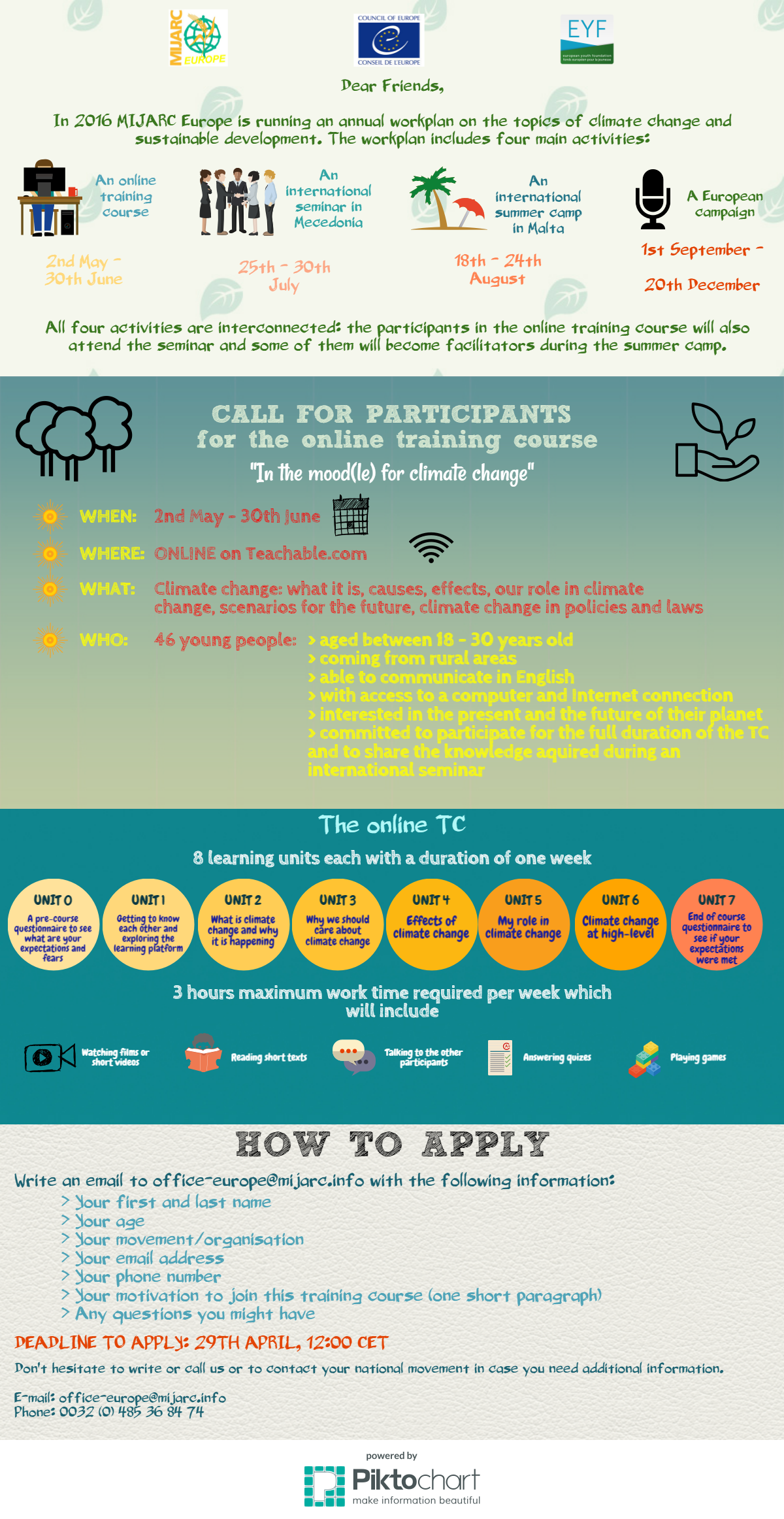 The course had a total of eight units, each spanning on one week with an active involvement of 3 hours, which meant that each week participants had to spend about three hours online to go through the lecture, fulfill the weekly tasks and take the unit quiz. Our participants were free to organize their time and decide for themselves when they wanted to work on the quiz. Each unit was published on the first day of the week and it remained available for the entire duration of the course. The first unit was an introduction unit in which we described how the course works, what are its objectives, how it is structured, what is the curriculum and answered participants’ questions. We also included in this unit a pre-course self-assessment questionnaire, with 19 questions, asking participants to evaluate their level for each of the competences the course was targeting. This gave us a reference point for evaluating the learning impact after the end of the course. In the second unit we wanted participants to get to know each other so we adapted the famous “Human Bingo” game to our online environment. We asked everybody to go on the website www.ifitweremyhome.com and compare their country to at least five other countries. Then they had to shoot a 1-minute video presenting themselves and three insights they got from the website. In the end, we made a quiz with questions about who said what in their video. It was a really fun unit and the engagement of the participants was great. It made the course feel more alive and it improved the dynamics of the group. The next unit offered an introduction into climate change and why it is happening. It help participants understand how the Earth functions and why it is warming up. In unit 4, the knowledge acquired was consolidated with information on why human being should care about climate change looking at how it will affect us and they way we live. The next unit took participants on a journey around the world, exploring see, land and air and the most vulnerable regions of the world in order to understand the effects of climate change and understand that just because we are not feeling it ourselves it does not mean that it is not happening. The next unit shifted the focus on the individual, exploring what role each of us plays in climate change and what we can change in our lifestyle and the way we do things in order to reduce our carbon and climate footprint. Unit 7 shed some light on how climate decision are taken at world level and how they influence national measures and policy. The participants got the chance to explore the SDGs, the results of the COP21, how human rights are related to climate change and what the Council of Europe is doing on the topic. Finally, the last unit included a final quiz, an interactive board for feedback and the after course self-assessment quiz.
The course had a total of eight units, each spanning on one week with an active involvement of 3 hours, which meant that each week participants had to spend about three hours online to go through the lecture, fulfill the weekly tasks and take the unit quiz. Our participants were free to organize their time and decide for themselves when they wanted to work on the quiz. Each unit was published on the first day of the week and it remained available for the entire duration of the course. The first unit was an introduction unit in which we described how the course works, what are its objectives, how it is structured, what is the curriculum and answered participants’ questions. We also included in this unit a pre-course self-assessment questionnaire, with 19 questions, asking participants to evaluate their level for each of the competences the course was targeting. This gave us a reference point for evaluating the learning impact after the end of the course. In the second unit we wanted participants to get to know each other so we adapted the famous “Human Bingo” game to our online environment. We asked everybody to go on the website www.ifitweremyhome.com and compare their country to at least five other countries. Then they had to shoot a 1-minute video presenting themselves and three insights they got from the website. In the end, we made a quiz with questions about who said what in their video. It was a really fun unit and the engagement of the participants was great. It made the course feel more alive and it improved the dynamics of the group. The next unit offered an introduction into climate change and why it is happening. It help participants understand how the Earth functions and why it is warming up. In unit 4, the knowledge acquired was consolidated with information on why human being should care about climate change looking at how it will affect us and they way we live. The next unit took participants on a journey around the world, exploring see, land and air and the most vulnerable regions of the world in order to understand the effects of climate change and understand that just because we are not feeling it ourselves it does not mean that it is not happening. The next unit shifted the focus on the individual, exploring what role each of us plays in climate change and what we can change in our lifestyle and the way we do things in order to reduce our carbon and climate footprint. Unit 7 shed some light on how climate decision are taken at world level and how they influence national measures and policy. The participants got the chance to explore the SDGs, the results of the COP21, how human rights are related to climate change and what the Council of Europe is doing on the topic. Finally, the last unit included a final quiz, an interactive board for feedback and the after course self-assessment quiz.
The last unit brought some extremely rewarding moments for the entire team as we were finally able to have a real measure of the learning impact and to hear from the participants how they saw the course and whether it was a useful experience for them or not.
Who?
The course was implemented by a team of two trainers who worked closely with the European coordinators and the European Team. Before being launched the training was tested with four volunteers and with the members of the Think Tank for the seminar. There were 24 participants enrolled in the course, 16 girls and 8 boys, from 11 different countries. They were all aged between 18 and 30 years old and came from MIJARC movements. The course was and still is open for everybody.
Was it useful?
As the course was the first activity of the work plan it was of crucial importance but it turned out that the idea was extremely well-received in our member movements and in their local groups. People were extremely interested in this kind of learning and the news that we were having an online TC on climate change reached even MIJARC World. This is why we benefited from the participation of one young man from Kenya. The course was important because it introduced our annual topic to all our members and it gave a solid basis to build on. Also, the idea was immediately taken up on by two of our member movements, KLJ-Belgium and APSD-Agenda 21, who contacted us to help them understand the platform better and help them use it for their own activities. The testimonials written by the participants after finishing the course show how the course was useful for them:
I thought the course was really interesting. I learned a lot about climate change in general and I learned some new things I could use in my lessons in high school. It was good the way it was, maybe we could have had some more interactive activities. Thank you for all the hard work!
Femke Nijs
This course is something I was really interested in. One unit was not really for me but it was great to know more about it. It was very good to work with a lot of feedback to every units and to mix the training course with questions and videos. This course will be a huge advantage in the discussions and work during the Seminar and Summer camp. When I couldn’t understand some words, I translated them and it was good to know the most important words related to climate change before we met face to face. Thanks Florina and Thomas for the energy you both put in the training course.
David Vermeulen
This course was very interesting. I really learned a lot of things I didn’t know. I knew climate change was a problem, but I didn’t know it was so urgent to take action. Now I am more aware of my own ecological footprint and I really liked the information. The variation was very fun: videos, tests, reading material, pictures. Thank you for letting me be a part of this!
Sofie Slechten
I have learned a lot in this more or less intensive training course. Now I am more aware of the urgency of Climate Change. The course was really well structured and rich in variety. In one lesson there were too many videos for my taste, but all in all I am very happy to be a part of it and to get the opportunity to attend the seminar in Macedonia. Thank you Florina and Thomas for your excellent work. Looking forward to seeing you in three weeks.
Julia Fritz
I learned a lot about climate change from this training. My interest increased and I am very motivated to do more to save our world. Thank you so much!
Hediye Şura Çan
After the end of the course, the two trainers worked together on a Training Manual that was based on the content of the course, but was adapted to using it during face-to-face meetings.
So, did we convince you to learn more about climate change? If so, you can still join our course on http://imcc.teachable.com/p/imcc, or you can use the offline Training Manual that was created in order to be used in offline training course. Don’t forget to let us know how it was by writing on our Facebook and Twitter page!
The online training course “In the mood for climate change” was one of the activities included in the annual work plan of MIJARC Europe which was co-financed by the Council of Europe through the European Youth Foundation.
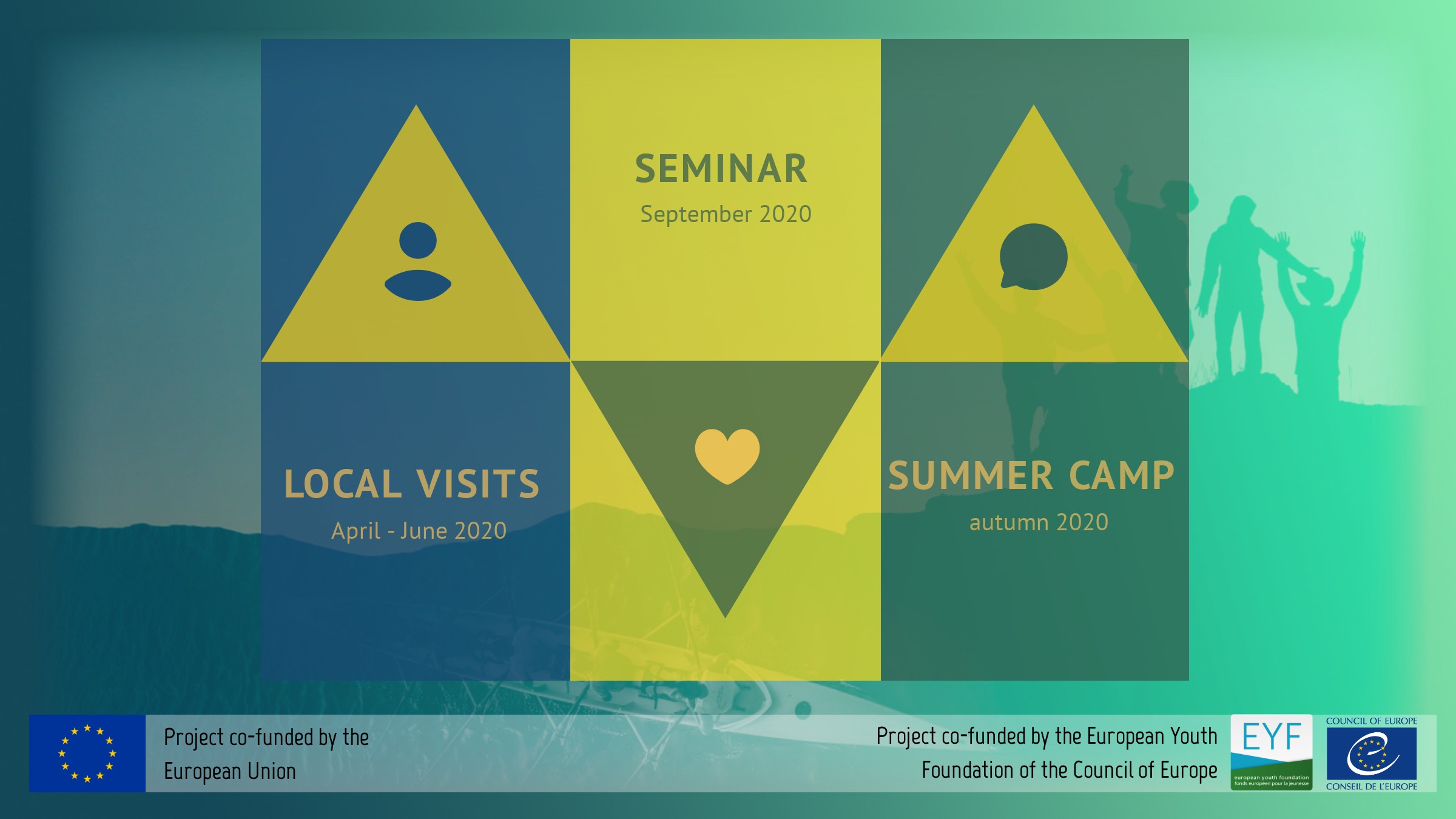
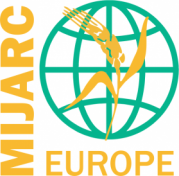
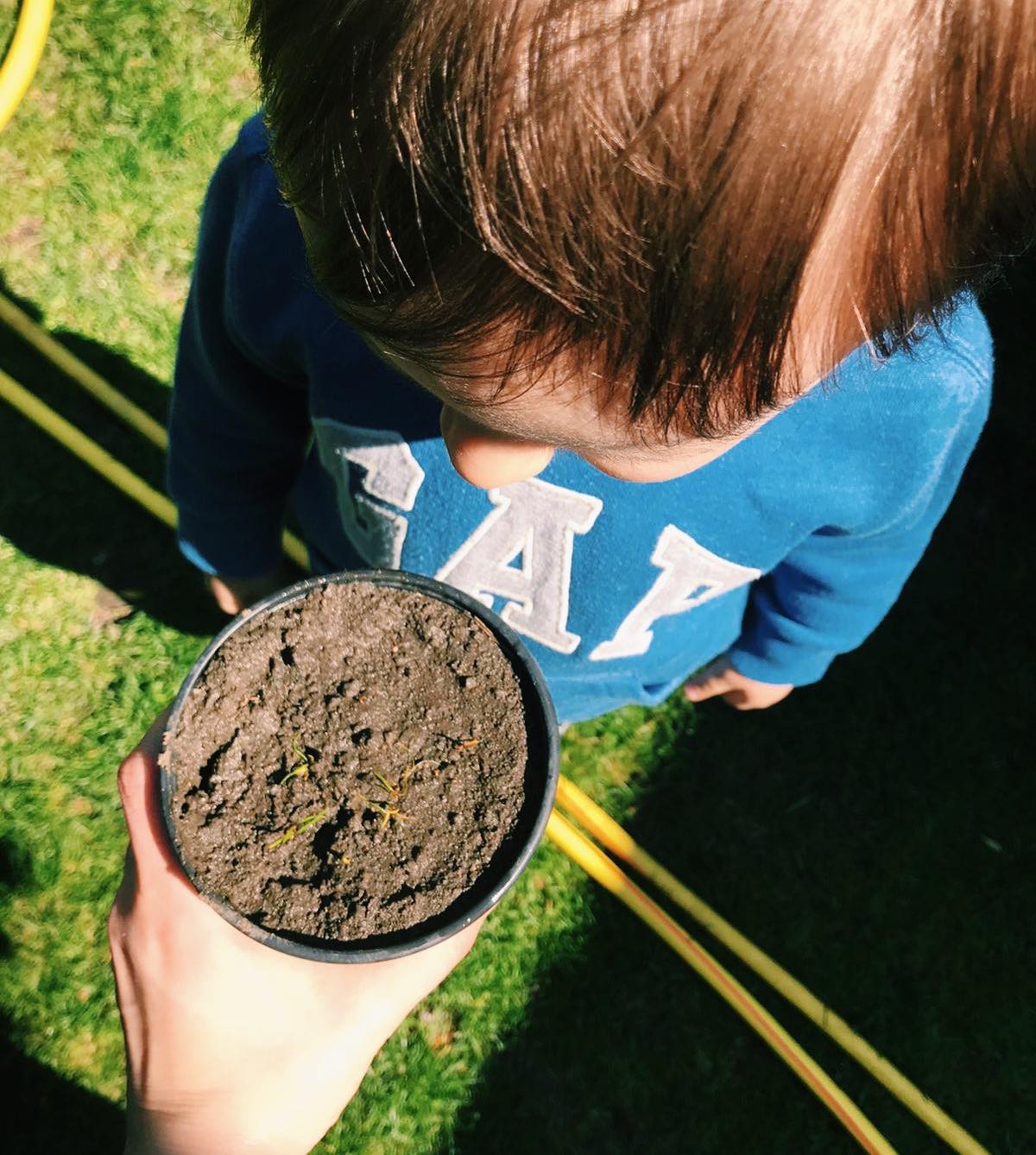
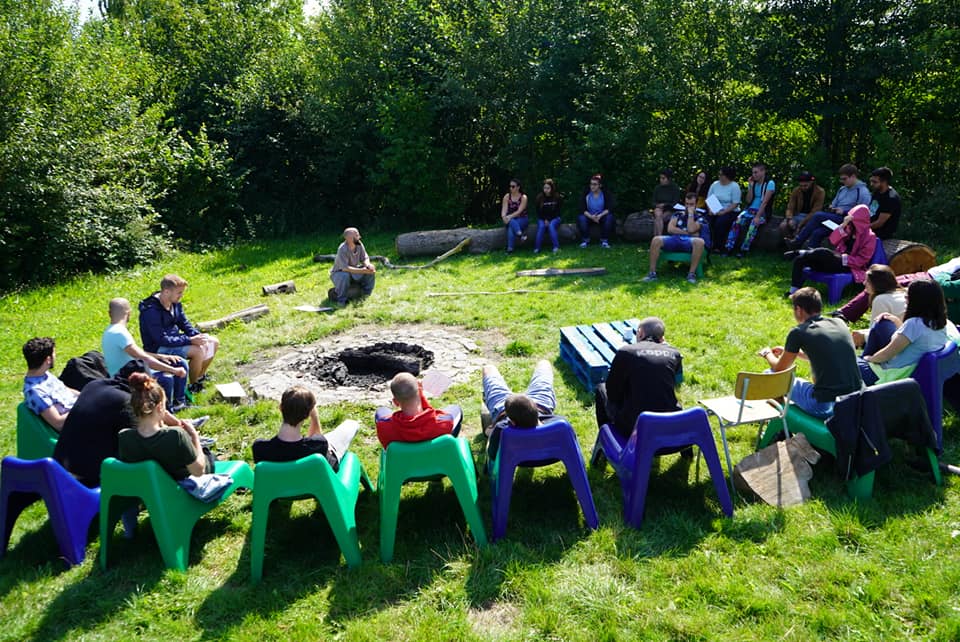
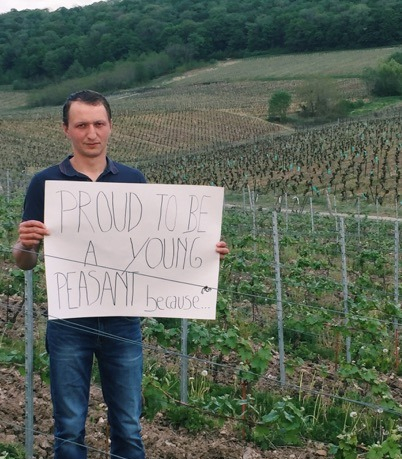
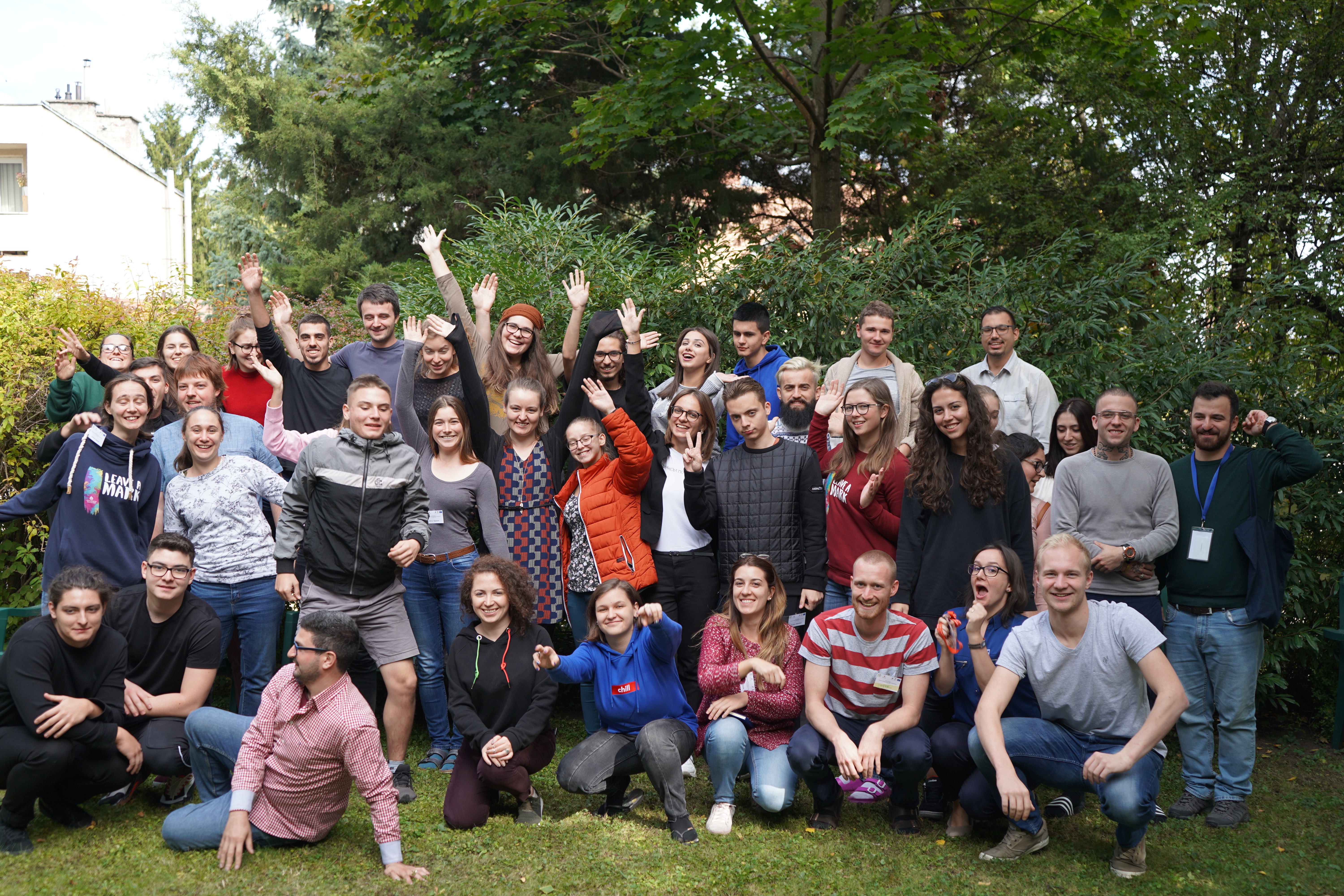
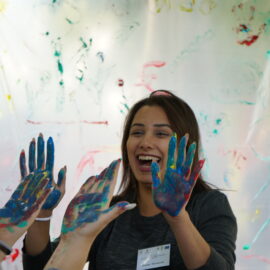
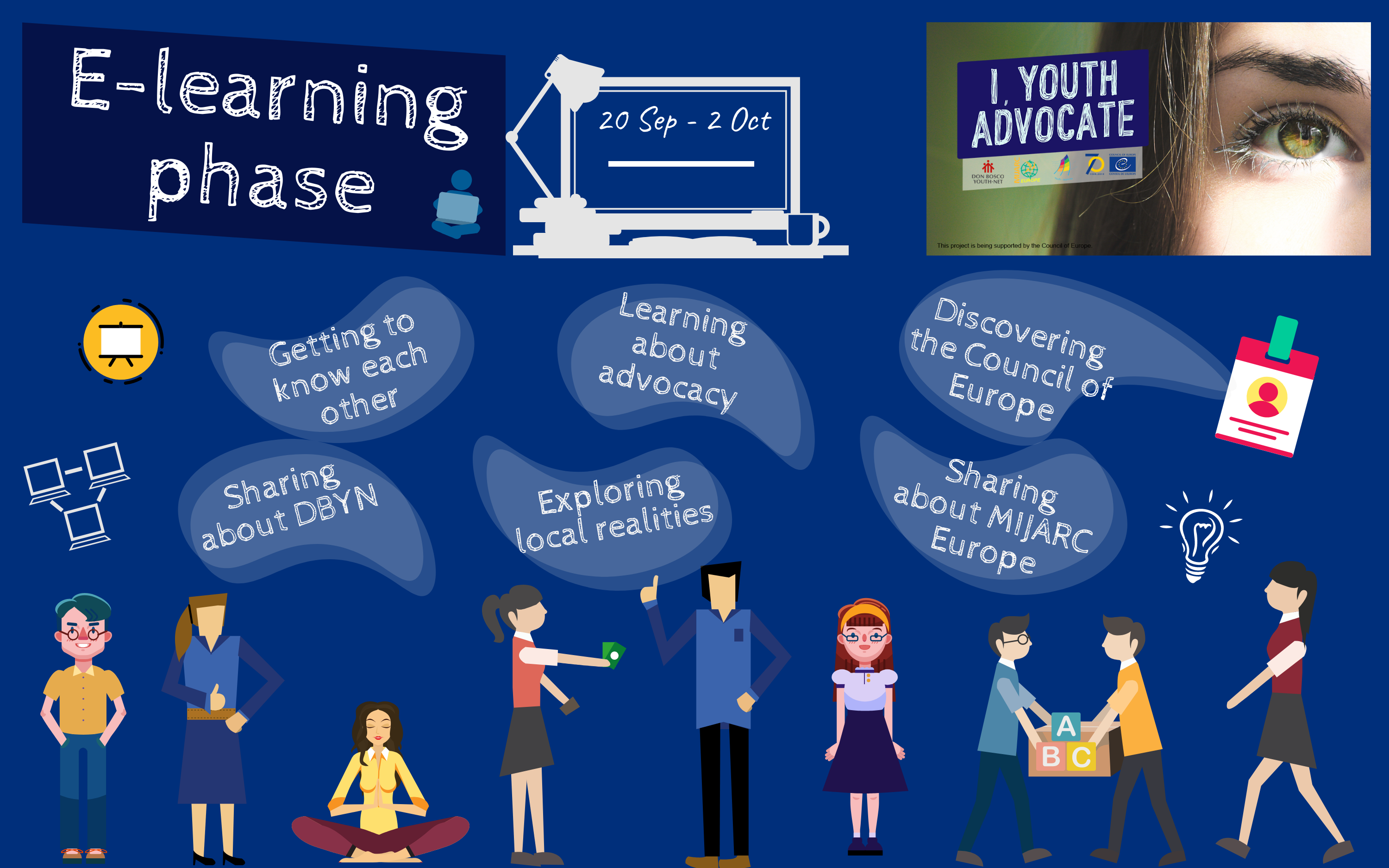 The online learning phase took place between 20th September – 2nd October. It was hosted on the Moodle platform and it included ten days of study and a time investment of 2 hours per module.
The online learning phase took place between 20th September – 2nd October. It was hosted on the Moodle platform and it included ten days of study and a time investment of 2 hours per module.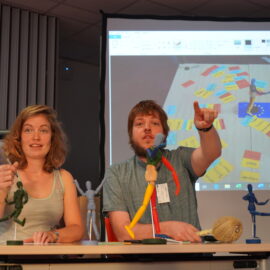
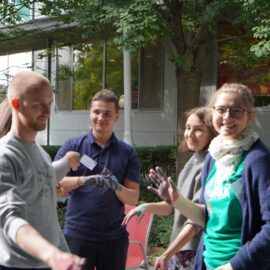
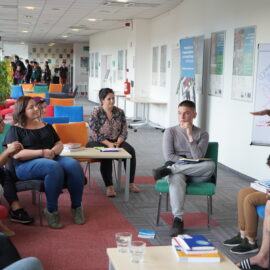
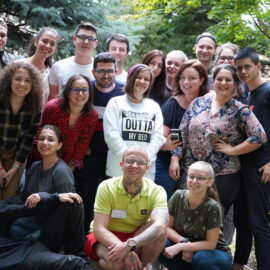
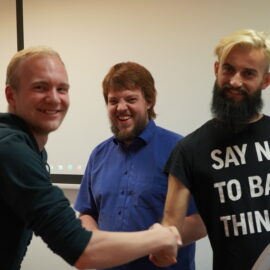
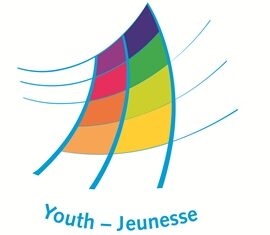
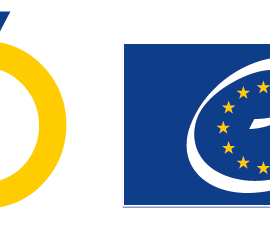
 The first phase of our double study session “I, Youth Advocate” has just been launched. This is an
The first phase of our double study session “I, Youth Advocate” has just been launched. This is an  The first module is designed to get participants familiar with the platform, get to know each other and the team of facilitators, learn about the Council of Europe, DBYN and MIJARC Europe and start making connections between their local realities, their roles within their organisations and the study session.
The first module is designed to get participants familiar with the platform, get to know each other and the team of facilitators, learn about the Council of Europe, DBYN and MIJARC Europe and start making connections between their local realities, their roles within their organisations and the study session. The second module gives a closer look into the TOPIC of advocacy and aims to set a really good and COMMON BASE for the study session itself.
The second module gives a closer look into the TOPIC of advocacy and aims to set a really good and COMMON BASE for the study session itself.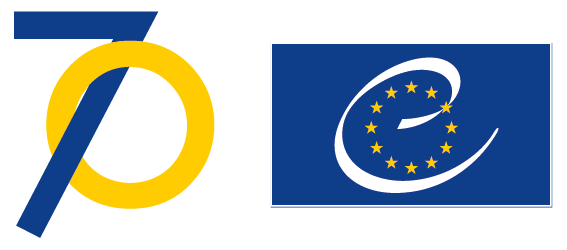 A study session organised by MIJARC EUROPE and DON BOSCO YOUTH NETWORK in cooperation with the Youth Department of the
A study session organised by MIJARC EUROPE and DON BOSCO YOUTH NETWORK in cooperation with the Youth Department of the 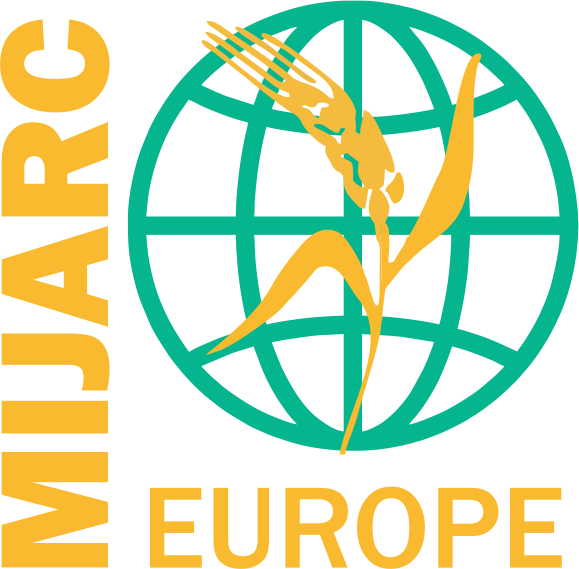 MIJARC Europe is a European coordination network for rural and Christian youth organizations all over the continent. MIJARC Europe represents over 130. 000 young people from rural areas in 14 European countries. It promotes sustainable agricultural, rural and international development, European citizenship, youth policies, gender equality, environmental protection, interculturality and human rights.
MIJARC Europe is a European coordination network for rural and Christian youth organizations all over the continent. MIJARC Europe represents over 130. 000 young people from rural areas in 14 European countries. It promotes sustainable agricultural, rural and international development, European citizenship, youth policies, gender equality, environmental protection, interculturality and human rights.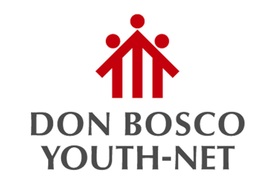 Don Bosco Youth-Net is an international network of Salesian youth work offices and youth organisations which work in the style of Don Bosco. The network assemblies 18 organisations, who cater for over 125.000 children and young people in 16 European countries. The task of the network is to create and promote international activities for and by young and to create possibilities for member organisations to share their good practices and start-up new projects together.
Don Bosco Youth-Net is an international network of Salesian youth work offices and youth organisations which work in the style of Don Bosco. The network assemblies 18 organisations, who cater for over 125.000 children and young people in 16 European countries. The task of the network is to create and promote international activities for and by young and to create possibilities for member organisations to share their good practices and start-up new projects together.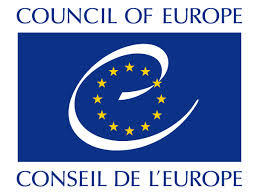
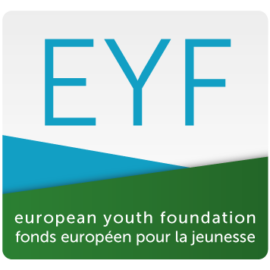

 The course had a total of eight units, each spanning on one week with an active involvement of 3 hours, which meant that each week participants had to spend about three hours online to go through the lecture, fulfill the weekly tasks and take the unit quiz. Our participants were free to organize their time and decide for themselves when they wanted to work on the quiz. Each unit was published on the first day of the week and it remained available for the entire duration of the course. The first unit was an introduction unit in which we described how the course works, what are its objectives, how it is structured, what is the curriculum and answered participants’ questions. We also included in this unit a pre-course self-assessment questionnaire, with 19 questions, asking participants to evaluate their level for each of the competences the course was targeting. This gave us a reference point for evaluating the learning impact after the end of the course. In the second unit we wanted participants to get to know each other so we adapted the famous “Human Bingo” game to our online environment. We asked everybody to go on the website
The course had a total of eight units, each spanning on one week with an active involvement of 3 hours, which meant that each week participants had to spend about three hours online to go through the lecture, fulfill the weekly tasks and take the unit quiz. Our participants were free to organize their time and decide for themselves when they wanted to work on the quiz. Each unit was published on the first day of the week and it remained available for the entire duration of the course. The first unit was an introduction unit in which we described how the course works, what are its objectives, how it is structured, what is the curriculum and answered participants’ questions. We also included in this unit a pre-course self-assessment questionnaire, with 19 questions, asking participants to evaluate their level for each of the competences the course was targeting. This gave us a reference point for evaluating the learning impact after the end of the course. In the second unit we wanted participants to get to know each other so we adapted the famous “Human Bingo” game to our online environment. We asked everybody to go on the website